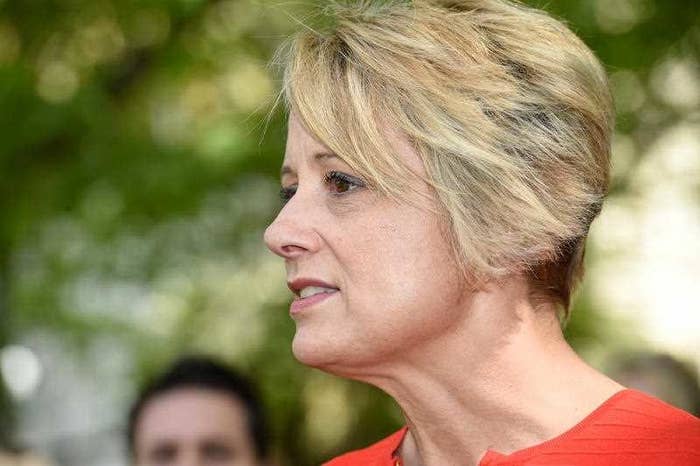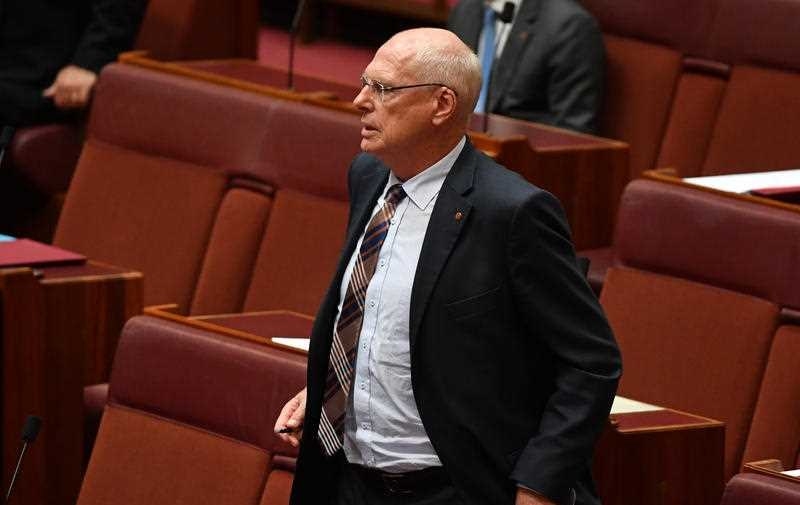Australian politicians have shared personal experiences while tabling the first national investigation into the impact of stillbirth.

The report came after an inquiry established by Labor senator Kristina Keneally, who spoke to BuzzFeed News in April about her stillborn daughter Caroline.
Keneally “confessed” there were times she grew “incredibly angry” during the hearings.
“The anger I felt wasn’t directed at anything other than just grief that babies had died in this country when we could have saved them,” Keneally told the Senate on Tuesday night.
“And why didn’t we? It was because for so long we have been understandably hesitant to speak about stillbirth.
“It’s a particular sadness, a singular grief; one so hard to fathom that I can understand that, collectively, as a country, we have considered stillbirth too sad to talk about as a public health problem.”
Tasmanian Labor senator Catryna Bilyk said she joined the committee to address the “culture of silence around stillbirth”.
“On 2 July 1983, I gave birth to a still baby. His name was Timothy Robert Bilyk and he's buried in Gungahlin Cemetery,” she told the Senate.
“I doubt there’s been a day in my husband’s or my life that we have not thought about him.”
Bilyk said she doubted most people realised that in the past 35 years, the rate of stillbirth has not changed.
“We’ve heard that around 2,000 stillbirths occur in Australia every year...that’s six broken families every day.”
Northern Territory senator Malarndirri McCarthy told the chamber: “Stillbirths affect over 2,000 Australian families each year, and, for women from Aboriginal and Torres Strait Islander backgrounds, the rate is double that of other Australian women.
“It is a hidden tragedy, with personal, social, and financial consequences. It needs to be regarded as a public health issue, with economic as well as social costs on a community level.”
The report found stillbirth will directly and indirectly cost the economy $681 million between 2016 and 2020.
Labor has committed to investing $5 million in funding prevention and research programs if elected at next year’s federal election and has called on the government to do the same.
Senator Jim Molan said he volunteered for the committee because of his personal experience with stillbirth in his family.

“On 12 October 2007, my wife, Anne, and I received a phone call; our daughter Sarah, then 26 years of age, had gone into labour,” Molan said.
“It hadn’t been a difficult pregnancy. Sarah had a perfectly normal ultrasound less than 48 hours earlier, so it’s fair to say there was much joviality and excitement.”
Molan’s daughter was taken to the emergency department when she arrived at the hospital.
“They were rushed there for a scan which confirmed that the baby had died,” he said.
“Sarah became hysterical for a time, urging the staff to take the baby by emergency caesarean section and attempt resuscitation.
“Emily Charlotte Sutton was born at 8:07pm, believed to be approximately 40 hours after she had died.”
The report recommends a public awareness campaign to raise awareness of the issue and further research into the causes of stillbirth.
